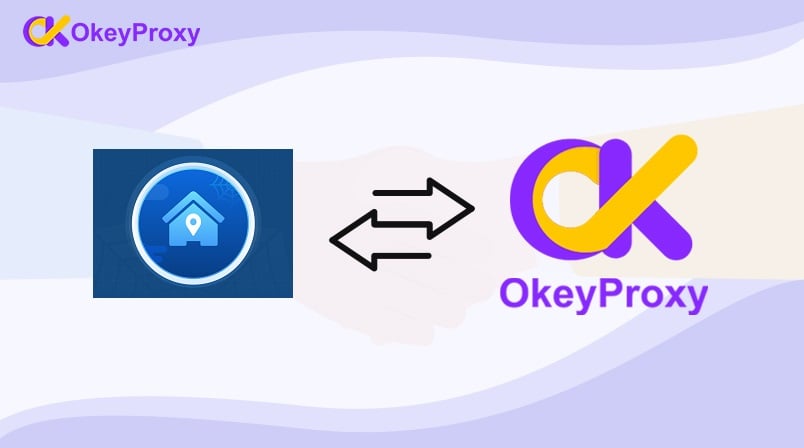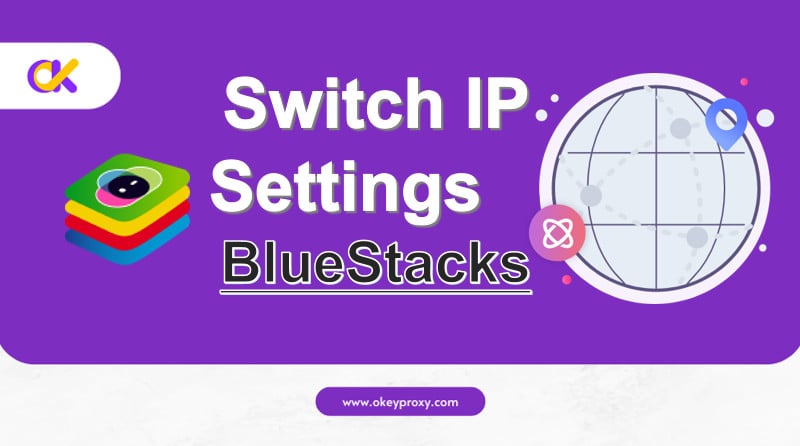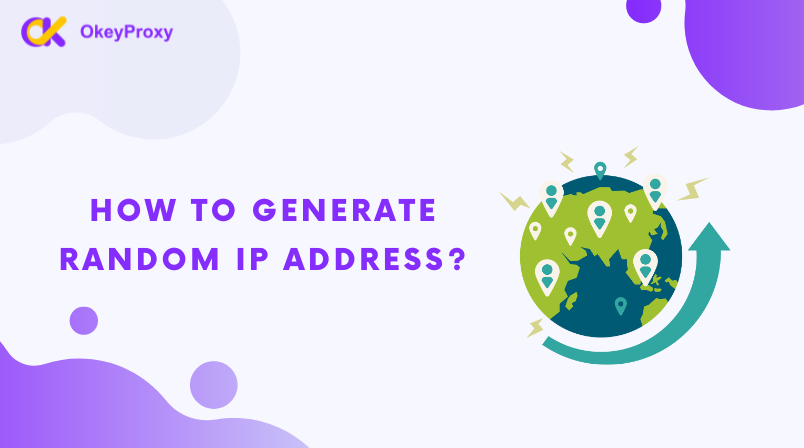Introduction
In today’s interconnected world, the concept of an IP address is hardly alien to most people. However, not all IP addresses are created equal. Residential IP addresses have emerged as a unique and valuable subset in the vast landscape of internet addresses. This article aims to provide a comprehensive understanding of residential IP addresses, their significance, and the various use cases associated with them.
What are Residential IP Addresses?
Residential IP addresses are a specific type of Internet protocol (IP) address assigned to residential locations by Internet Service Providers (ISPs). They differ from data center IPs, which are typically used by businesses and organizations for hosting websites and applications. Residential IPs are directly associated with households and are used by individuals for accessing the internet from their homes.
How Residential IPs Work
To comprehend the functioning of residential IP addresses, it’s essential to grasp the basics of IP addresses. IP addresses serve as unique identifiers for devices connected to the internet. When you connect to the internet through your home network, your ISP assigns your home router a residential IP address. This address facilitates communication between your device and remote servers on the internet.
Use Cases for Residential IP Addresses
Web Scraping and Crawling: Businesses and researchers often require large amounts of data from the web. Residential IP addresses are used for web scraping, allowing for ethical and legal data collection. This practice helps in market research, price tracking, and content aggregation.
Proxy Services: Residential IP addresses also serve as proxies, offering enhanced security and anonymity for internet activities. These residential proxies are valuable for various online applications, from protecting personal data to accessing geo-restricted content.
Content Streaming and Geo-Restriction: Many streaming services restrict content access based on geographical location. Residential IPs can help users bypass these restrictions and access content not available in their region.
E-commerce and Price Comparison: Online retailers often use residential IP addresses to analyze their competitors’ prices and strategies, enabling dynamic pricing adjustments to stay competitive.
Social Media and Automation: Managing multiple social media accounts and automating tasks on social platforms is made possible with residential IPs. These IPs help users avoid detection as bots while efficiently handling various accounts.
Challenges and Concerns
Residential IP addresses are not without their challenges and concerns:
Legality and Ethics: Users of residential IPs must ensure compliance with terms of service and legal regulations. Ethical considerations are paramount, especially in the context of web scraping and automation.
Cost: Residential IPs can be expensive, particularly when compared to data center IPs. The cost-effectiveness of using residential IPs should be carefully evaluated.
Reliability and Speed: The consistency of residential IPs can vary, impacting performance. Users may experience fluctuations in speed and reliability due to the dynamic nature of residential IP addresses.
IP Rotation: To avoid IP blocking and maintain anonymity, IP rotation is necessary. Users need effective methods for switching between different residential IPs.
Security and Privacy
Ensuring the security and privacy of residential IPs is essential:
Protecting Residential IPs: Users should implement security measures to safeguard their residential IPs from potential threats, including unauthorized access and misuse.
Privacy Implications: The use of residential IPs raises concerns about data privacy, as the IP addresses are linked to physical locations. Users must be aware of the risks and act accordingly to protect their personal information.
Conclusion
Residential IP addresses play a crucial role in today’s digital landscape, offering unique capabilities for web scraping, content streaming, online security, and much more. While they come with challenges and ethical considerations, their importance is undeniable. Understanding how to use residential IPs responsibly and effectively is essential for individuals and businesses seeking to harness their full potential.
Additional Resources
For further information on residential IP addresses, references, and tools for managing residential IPs, you can explore the following resources:






